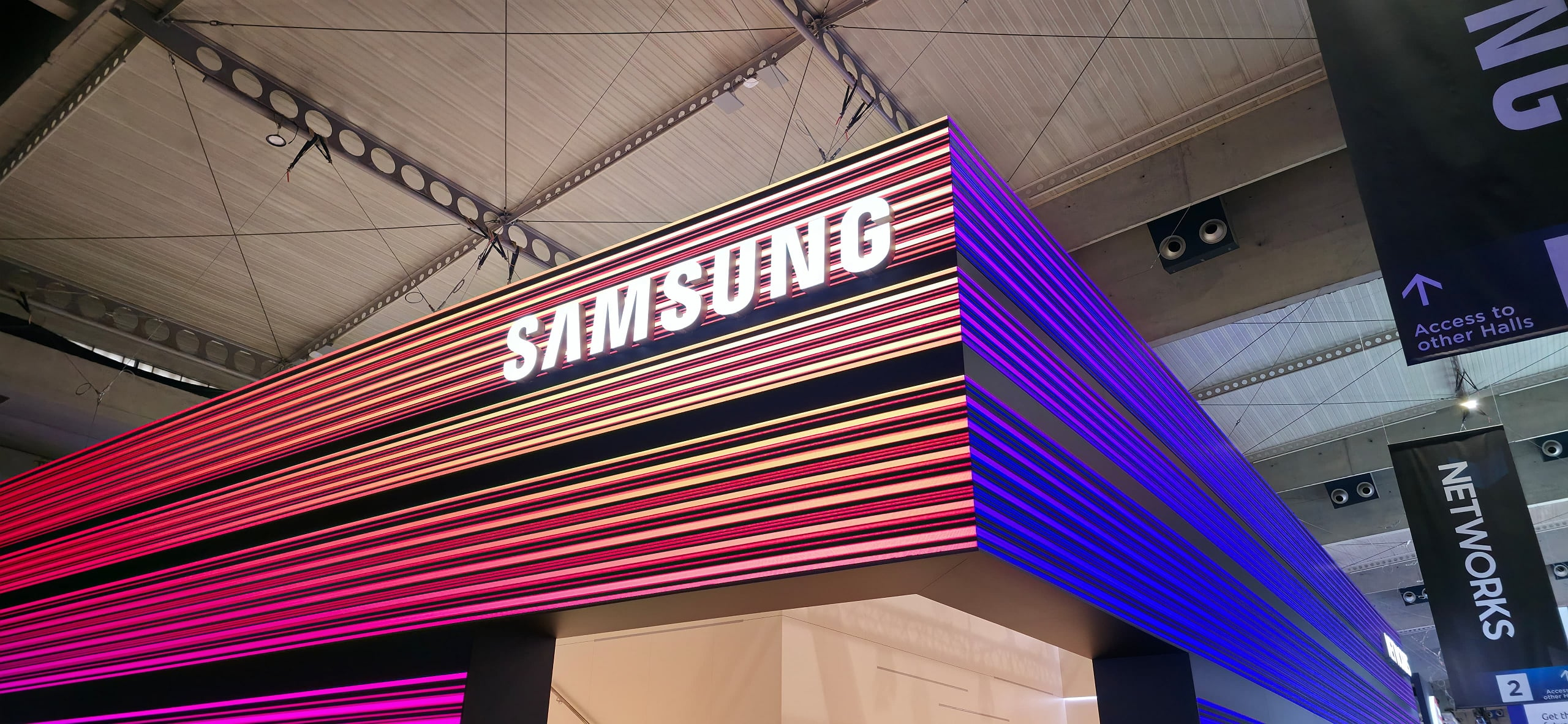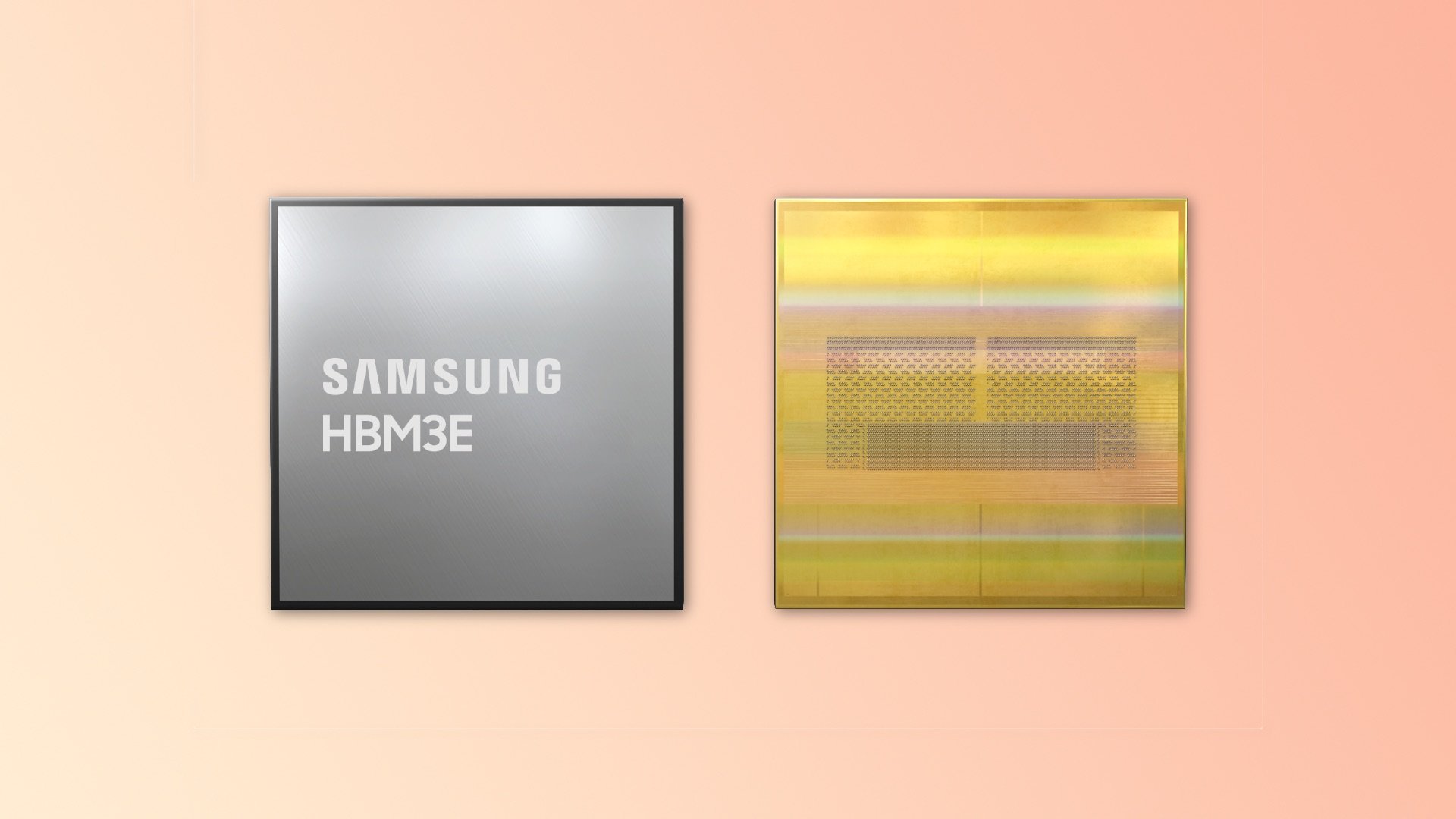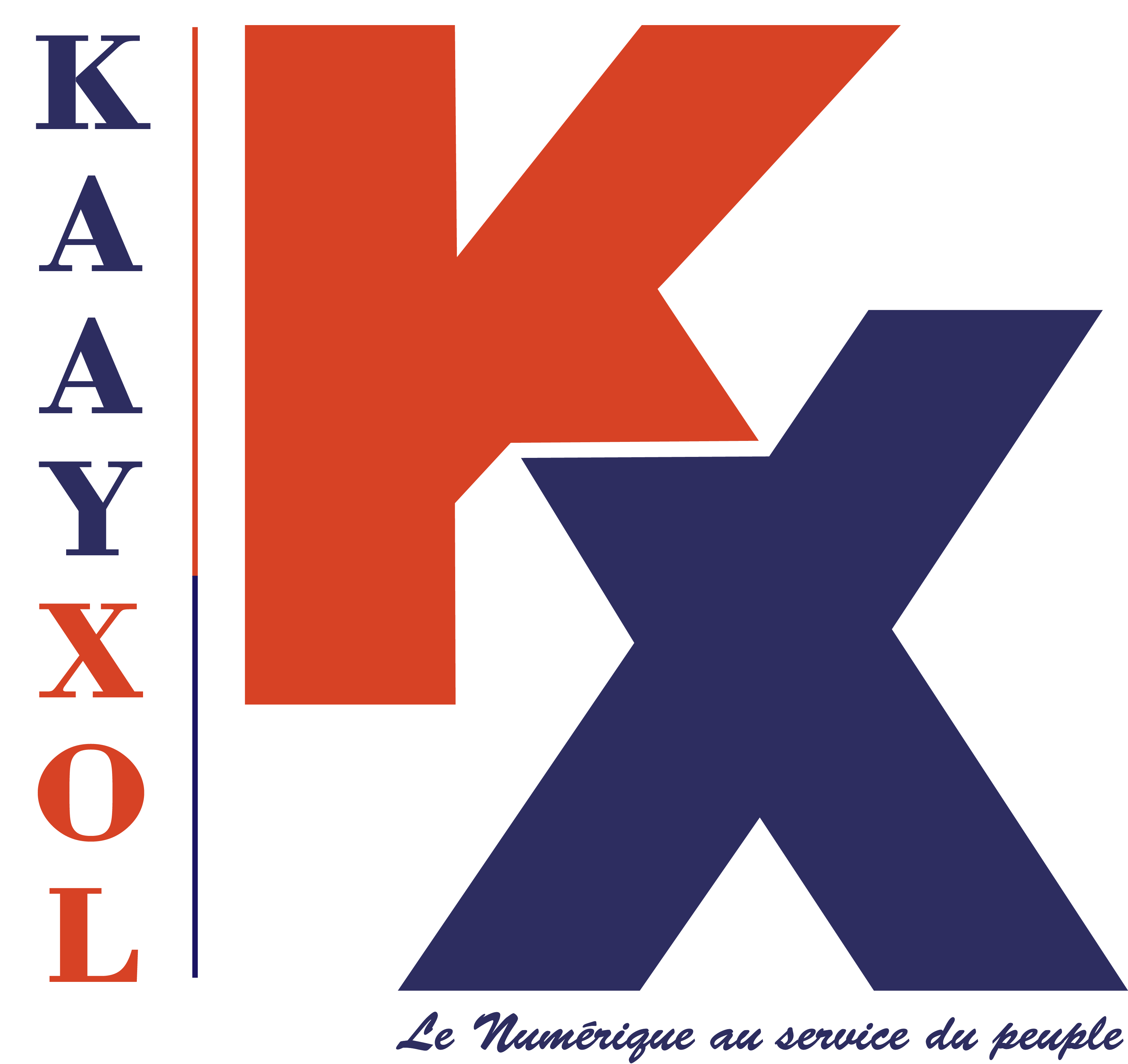Notifications
Posted by - Support KAAYXOL -
on - 10 hours ago -
Filed in - Technology -
-
30 Views - 0 Comments - 0 Likes - 0 Reviews

Samsung isn't getting any respite from its ongoing struggles. There is cutthroat competition in the smartphone market, and profits from its memory chips has been declining. Its HBM3E memory chips still haven't received certification from the world's most important AI company: Nvidia. As a result, Samsung expects its second quarter (Q2 2025) profit to fall by 56% compared to last year.
Earlier today, Samsung posted its earnings estimate for Q2 2025. The South Korean firm expects a revenue of KRW 74 trillion (~$54 billion) and profit of KRW 4.6 trillion (~$3.36 billion). That is a 0.1% drop in revenue but a nearly 56% drop in operating profit. This is due to the combination of sluggish sales of high-bandwidth memory (HBM) chips, stricter US regulations on sales of HBM chips to Chinese brands, and dropping smartphone sales.

In March 2025, the South Korean firm reported meaningful improvement in HBM3E performance and hinted that those memory chips could get Nvidia's certification as early as June. However, those chips still haven't received Nvidia's certification, and the company hasn't offered any update on that matter. Some reports claim that Samsung has given up on supplying HBM3E chips to Nvidia and is progressing directly with the development of HBM4 chips.
Samsung has been relying on supplying less advanced AI memory chips (HBM3) to Chinese brands. However, a few weeks ago, the US government restricted the sales of those chips as well due to its geopolitical tensions with China.

Its foundry business is also struggling. Due to its track record over the past couple of years, clients like Nvidia and Qualcomm have switched to TSMC for their newer chips. While the company has developed 2nm and 3nm chips, there have been no major takers for those process nodes yet because their yields are too low.
Samsung Foundry has made limited quantities of 3nm chips for its in-house chip design division, System LSI, and those chips will be used in the Galaxy Watch 7, Galaxy Watch 8, Galaxy Watch Ultra, and the Galaxy Z Flip 7. If the performance of the Exynos 2500 turns out to be good, the foundry division could get some business from the likes of Nvidia and Qualcomm in the future.
The South Korean firm expects the operating loss in its foundry business to narrow in the second half of this year. Analysts expect the company's AI memory chip sales to improve gradually, as the company is expected to sell more HBM chips to companies other than Nvidia, such as Broadcom.
Its upcoming smartphones—Galaxy Z Flip 7 FE, Galaxy Z Flip 7, and Galaxy Z Fold 7—could also add to the revenue in the coming quarters.
The post Samsung’s 56% profit drop isn’t due to its smartphone sales appeared first on SamMobile.

